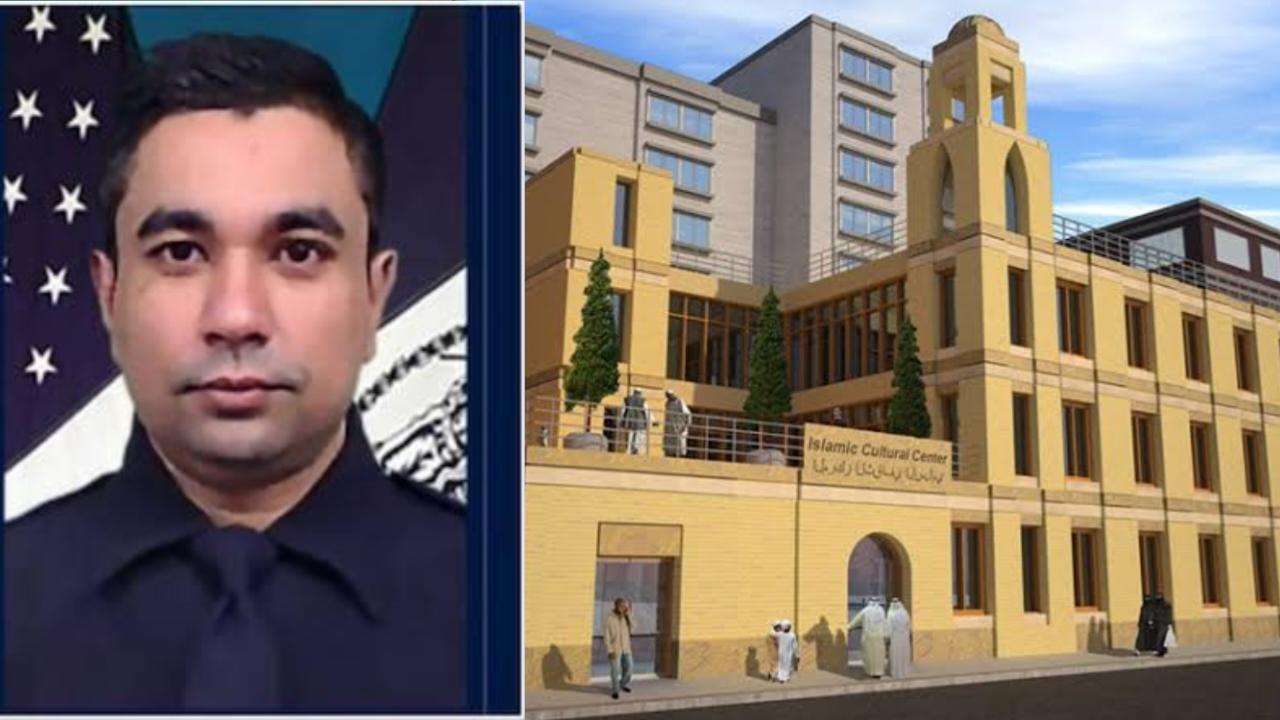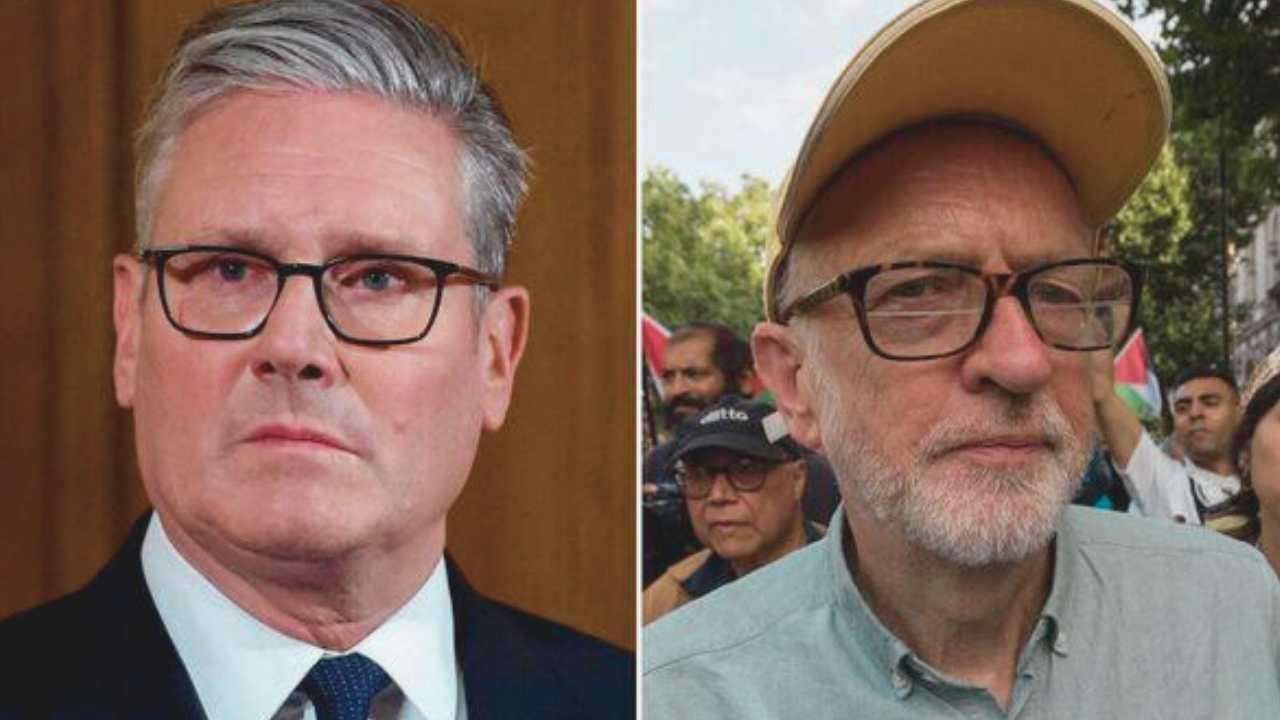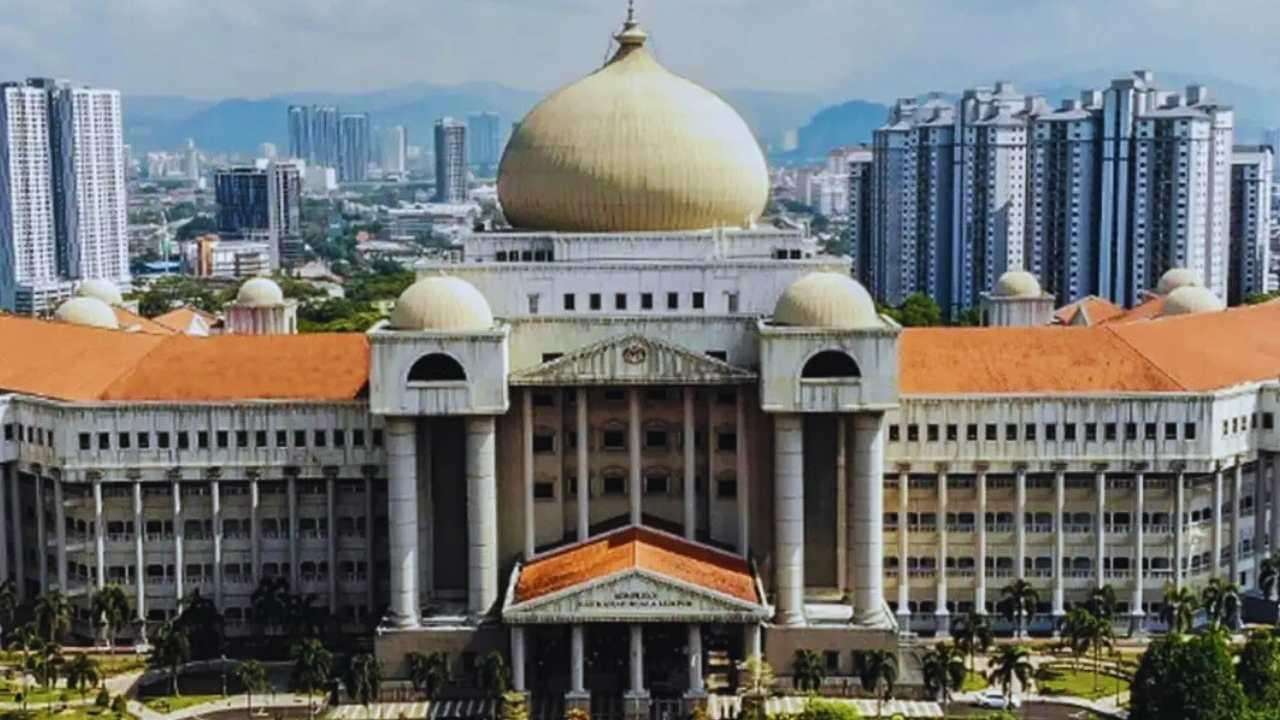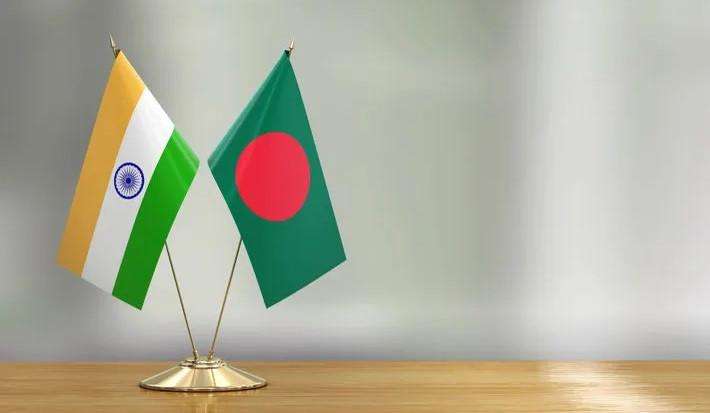Dhaka–New Delhi relations are likely to thaw out as Chief Adviser of the interim government of Bangladesh Dr Mohammad Yunus is likely to meet Indian Prime Minister Narendra Modi at the sixth BIMSTEC Summit scheduled to be held on April 4, 2025 in Bangkok, sources in Dhaka, New Delhi and Bangkok said.
The deep political crisis in Bangladesh during the July-August period that saw the ouster of dictator Prime Minister Sheikh Hasina and Thailand that saw both heads of two governments in both countries stepping down has created uncertainty in holding the sixth BIMSTEC Summit in Bangkok, sources said.…..
Chief Adviser of Bangladesh Dr Mohammed Yunus was scheduled to meet Indian Prime Minister Narendra Modi at the BIMSTEC meeting in Bangkok on September 4, 2024 but Thailand postponed meeting as the political crisis griped the southeast Asia.
Sources said Dr Mohammad Yunus is also likely to hold talks with Indian Prime Minister Narendra Modi on the sidelines of the BIMSTEC meeting and discuss some issues like visa, repatriation of Rohingyas and civil war in Myanmar, security protection of minorities and political cooperation.
Sources in Dhaka and New Delhi said that both countries are likely to work out on reducing political tension between the two counties after the ungracious exit of former dictator Prime Minister of Bangladesh Sheikh Hasina on August 5, 2024.
Meanwhile, Thailand’s king has officially endorsed Paetongtarn Shinawatra, a scion of the country’s most famed and divisive political dynasty, to become the country’s new prime minister.
The country’s youngest ever prime minister at 37 years old, Paetongtarn is the daughter of ousted former leader Thaksin Shinawatra. She becomes Thailand’s second woman prime minister, after her aunt – and Thaksin’s sister – Yingluck Shinawatra.
Meanwhile, Thai Prime Minister Paetongtarn Shinawatra will hand over the chairmanship of BIMSTEC to Dr Mohammad Yunus at the end of the summit, sources said.
The ouster of Bangladesh Prime Minister Sheikh Hasina, a trusted ally of the Modi government, has created a sense of insecurity in India, sources in Dhaka and New Delhi said.
The last Prime Minister of Bangladesh, Sheikh Hasina, tried her best to meet the Indian interest, and stopped using this land by terrorists and separatists to destabilize the seven sisters in neighboring country, sources said.
Sources in Dhaka and New Delhi said the meeting between Dr Mohammad Yunus and Indian Prime Minister Narendra Modi will give a positive signal to reach a bilateral relation to a new height-based people to people relations at the BIMSTEC meeting.
In the last 15 years, South Block put emphasis on building relations between the two governments excluding the rest of the population of the both countries, sources said.
Bangladesh has been going through a transition period as the last dictator Prime Minister, Sheikh Hasina, left the economy in a total disarray. Local and international conspirators are trying to destabilize the country…..
Bangladesh has witnessed a change in power regime after Sheikh Hasina, a close ally of Modi government, quit the power against the backdrop of a massive student movement on the quota system in the government jobs.
Meanwhile, Foreign Affairs Adviser Md Touhid Hossain said that Bangladesh must maintain "balanced relations" with India, China, and the United States, as all three nations hold strategic importance for the country.
"Bangladesh holds interests in all countries, and it's crucial for us to remember this," he said during a national dialogue hosted by the Forum for Bangladesh Studies at the Krishibid Institute Bangladesh.
The adviser highlighted the trade relations between India and China, despite their differences, as well as India's close ties with the US, and stressed that it is important for Bangladesh to maintain good relations with all these three countries.
Pointing at the dialogue theme – Unity, Reform and Elections - Touhid said unity was the most important thing. "Bangladesh achieved independence in 1971 against Pakistan as the people of the country demonstrated unity."
Talking about the responsibility of the political parties to have stronger democracy, he said it is the responsibility of the people to observe and act if the political parties deviate from their key values.
The foreign adviser also talked about the Rohingya crisis and the government's efforts to deal with the situation.
Turning to the six-nation consultation recently held in Bangkok under the chairmanship of the Thai Foreign Minister Maris Sangiampongsa, Touhid said he told the meeting that Bangladesh's interests need to be looked at.
Meanwhile, the visit of Indian Foreign Secretary Vikram Misri to Bangladesh shows that New Delhi intends to engage with Dhaka at economic, cultural, social and of course on political levels as both Bangladesh and India are close and important neighbours, said diplomats, policy makers, business leaders and cultural personalities.
The relations with India during the tenure of military rulers like General Ziaur Rahman and General Hossain Mohammad Ershad and even Begum Zia never suffered like the relations suffered with India after dictator Prime Minister Sheikh Hasina quit the power on August 5, 2024 through student-led mass uprising.
The visit of Indian Foreign Secretary Vikram Misri to Bangladesh can be termed a ‘goodwill gesture’ of the Indian government to maintain engagement with Bangladesh at various levels, said Bangladesh diplomats who worked in Bangladesh missions in Kolkata, New Delhi, Mumbai and Agartola over the years.
A senior diplomat who worked in Washington DC, Canberra and New Delhi said that Bangladesh’s relations with India will go through a new phase under the leadership of Indian Prime Minister Narendra Modi.
He said Indian diplomats until the Prime Minister Narendra Modi came to power in 2014 had maneuvering capacity with the political leadership that has been lost during the current rule of BJP rule.
The Indian diplomats and bureaucrats are heavily impacted by the “Hindutva policy” that is also expressed during the recent incidents, said a Bangladesh diplomat.
Now Sheikh Hasina is out of power and Indian Prime Minister Narendra Modi is taking a tight trip on the Indian politics and bureaucracy, no major change is unlikely to happen in the short term or at least a new elected political government comes in scenario, said a high official of the Ministry of Foreign Affairs.
The Dhaka-New Delhi FS talks have been held in a very ‘conservative, protective, rustic and tense environment that never happened between the two countries in the last 30 years, ' said a number of Bangladesh diplomats who worked in Bangladesh missions in Kolkata and New Delhi.
India has openly expressed deep concern over protection of Hindu minorities, vandalism of Indian diplomatic, cultural and religious establishments (Indira Gandhi Cultural Centre at Dhanmondi was damaged on August 5, 2024 when Sheikh Hasina quit the power and left the country), security issues of Indian diplomats and Indian citizens working in Bangladesh.
The statements and expressions of both Bangladesh and Indian diplomats show that “political prescriptions’ highly impacted the FS level talks that in the short term is unlikely to give positive results in the interest of citizens of both countries.
Sources said India is unlikely to speed up the visa process very soon in case of Bangladeshi citizens as ‘South Block”will continue to put pressure on the interim government of Professor Mohammad Yunus until the new elected government.
The toxic relations between Dhaka and New Delhi and the Indian propaganda against Bangladesh are unlikely to be subsidized unless a ‘subservient government’ is established in this country, said diplomats and policy-makers who have ground-experience of working with Indian diplomats and policy-makers both in India and Bangladesh.
This was the first visit of a secretary-level Indian government official since the fall of the Awami League government and the ouster of dictator Sheikh Hasina, who has been staying in India since 5 August. Sources said that Dhaka is expected to clear its position on the overall situation to New Delhi and will urge the ‘South Bloc’ to work on improving the relations.
Sources in India said that the mainstream opposition political parties are now supplementing the ‘Hindutva policy’ to attract Indian voters as the Bharatiya Janata Party(BJP) in a planned way is pursuing this policy to gain political support.
Sources said India has bitter relations with rest South Asian countries like Pakistan, Nepal, Sri Lanka, the Maldives and Bhutan and after August 5, 2024, relations with Bangladesh has reached to the toxic level.
The subservient ‘Foreign Policy’ of Bangladesh, specially during tenure of Bangladesh Awami League and interim government during 2007-2008 gave the neighboring country an upper hand over Bangladesh over national and regional issues, said a Bangladesh diplomat who served one of the powerful nations in recent years.
Former Prime Minister Sheikh Hasina during her tenure (2009-2023) basically served the interest of India ignoring the interest of Bangladesh, said a Mofa official.
Meanwhile, India is eager to clear the cloud formed in the sky of Bangladesh-India relations after the fall of ousted Sheikh Hasina government on August 5, Environment, Forest and Climate Change Adviser Syeda Rizwana Hasan said in the city.
Talking to reporters recently in front of State Guest House Jamuna after the Indian External Affairs Secretary Vikram Misri’s meeting with Chief Adviser Professor Muhammad Yunus, she (Rizwana) said during the meeting, the Indian secretary mentioned that the cloud formed in the sky of Bangladesh-India relations should be removed.
About the propaganda being spread by a section of Indian media against Bangladesh, she said the Indian foreign secretary claimed that the Indian government is not responsible for the propaganda and it is not carrying out the propaganda too.
The Indian side also claimed that their government did not own the propaganda, the environment adviser said.
Referring to issuing Indian visas to Bangladeshis, she said Vikram Misri has assured that steps would be taken to increase the number of Indian visas for Bangladeshi nationals.
Rizwana said India expressed its interest to boost bilateral ties with Bangladesh and was willing to work on issues related to mutual interest.
Meanwhile, Indian Prime Minister Narendra Modi on August 8, 2024 conveyed his best wishes to Professor Muhammad Yunus on the assumption of his new responsibilities as chief adviser of Bangladesh's interim government.
"India remains committed to working with Bangladesh to fulfill the shared aspirations of both our peoples for peace, security and development," he posted on his verified X handle (former twitter).
New Delhi, he said, hopes for an early return to normalcy in Bangladesh, ensuring the safety and protection of Hindus and all other minority communities.
Meanwhile, the leaders of BIMSTEC member states, Bangladesh, Bhutan, India, Myanmar, Nepal, Sri Lanka and Thailand, have resolved to elevate BIMSTEC collaboration to a higher plain by signing the BIMSTEC Charter, granting it a status of an intergovernmental organization and thus enhancing its visibility and credibility at international level. The meeting also adopted key documents and decisions that will yield tangible results for all, including the BIMSTEC Master Plan on Transport Connectivity, which had been proposed by Thailand at the last summit in 2018 in Nepal. As the new Lead Country in Connectivity, the BIMSTEC Summit has now paved a way for Thailand to play an ever more prominent role in enhancing inter-regional connectivity that will underpin Thailand’s role as bridge-builder, transport hub and business linkage between Southeast and South Asia and between the Indian and Pacific Oceans.
On 30 March 2022, the then Thai Prime Minister, Prayut Chan-o-cha, attended the 5th Summit of the Bay of Bengal Initiative for Multi-Sectoral Technical and Economic Cooperation (BIMSTEC) virtually, at which Sri Lanka handed over the chairmanship of BIMSTEC to Thailand and pathbreaking achievements have been reached.
Srettha Thavisin is a Thai businessman and politician who has served as the 30th Prime Minister of Thailand since 22 August 2023. He was previously the chief executive and president of Sansiri. Srettha, originally from Bangkok, pursued a degree in Civil Engineering after high school.
BIMSTEC is one of the largest regional cooperation frameworks worldwide in terms of population, the size of economy and economic potential.
It is a region of increasing strategic, economic and commercial importance that has enjoyed peace and steady development since its inception in 1997 in Bangkok. As Chair of BIMSTEC, Thailand will closely work with all Member States towards realizing the vision the Prime Minister of Thailand presented at the summit: for Prosperous, Resilient and Robust, Open BIMSTEC or “PRO BIMSTEC”, while incorporating the BCG Economy Model as a guiding concept in each sector of cooperation.
Upon assuming the Chairmanship of BIMSTEC, Thailand, also as the host economy of APEC, is now at the driver’s seat in two economic cooperation frameworks that encompass almost 70% of the global GDP. In this unique position, Thailand is committed to working tirelessly with all partners for a robust post-pandemic economic recovery, closer business and people-to-people ties and inclusive and sustainable growth for the benefits of our peoples and beyond.
During the recent second informal BIMSTEC Foreign Ministers' Meeting in New Delhi, Maris Sangiampongsa, Minister of Foreign Affairs of Thailand, confirmed Thailand’s readiness to host the upcoming summit in September.
He highlighted the role of the private sector in implementing government policies effectively. The meeting was chaired by the Indian External Affairs Minister, while the meeting was joined by the ministers of foreign affairs of Bhutan, Bangladesh, and Myanmar, the Deputy Minister of Foreign Affairs of Sri Lanka, the Permanent Secretary of the Ministry of Foreign Affairs of Nepal, and the Secretary-General of BIMSTEC.
In addition, Maris emphasized the importance of food, energy, human security, and youth participation. The meeting also discussed establishing coordination between member countries to deal with epidemics, natural disasters, and economic crises.
BIMSTEC stands for the Bay of Bengal Initiative for Multi-Sectoral Technical and Economic Cooperation, and it includes Bangladesh, Bhutan, India, Myanmar, Nepal, Sri Lanka, and Thailand as member states.
Meanwhile, Sri Lanka hosted the 5th Bay of Bengal Initiative for Multi-Sectoral Technical and Economic Cooperation (BIMSTEC) Summit in Colombo during March 28-30, 2022.
The President of Sri Lanka chaired the 5th BIMSTEC Summit on 30 March, 2022 with the virtual participation of leaders of Bangladesh, Bhutan, India, Nepal and Thailand. Myanmar, represented by the Foreign Minister of Myanmar at the Summit.
During the Summit and preceding meetings, the delegates discussed the progress of the BIMSTEC as a regional group.
The idea of creating a multilateral cooperation forum and the need to connect South and South East Asia started in the late 1990s. In June 1997, Bangladesh, India, Sri Lanka and Thailand took the first step to establish what was known as BIST-EC through the adoption of the Bangkok Declaration. Later in the same year Myanmar joined the group.
In 2004, Nepal and Bhutan joined the bloc during which the first BIMSTEC Summit took place and it was only during this Summit that BIMSTEC was formally endorsed as the Bay of Bengal Initiative for Multi Sectoral Technical Cooperation.

_2.jpg)






.svg)

